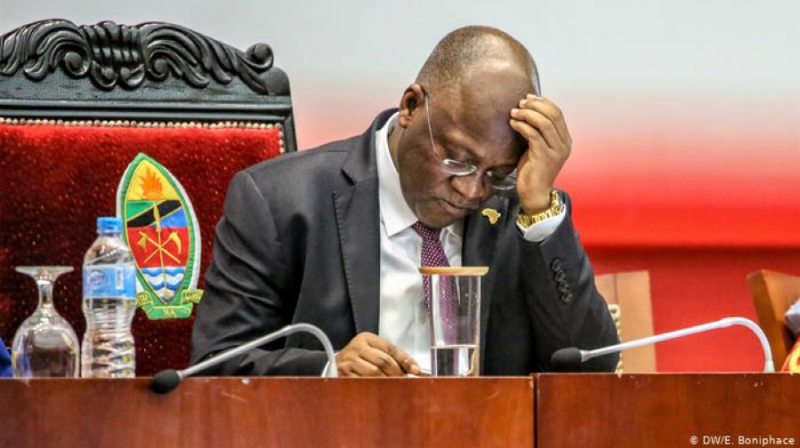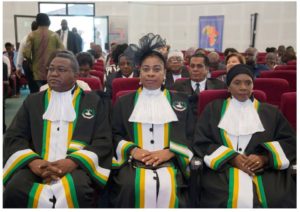By: Eronmwon Joyce Irogue
Impunity Watch Staff Writer
ARUSHA, Tanzania – In early December 2019, the Tanzanian government announced its withdrawal for the right of individuals to directly institute an action at the African Court on Human and Peoples’ Rights. Ironically, this Court is a regional human rights court is permanently located in Arusha, Tanzania.
This new development may not be shocking due to the lingering incidence of human rights abuses prevalent under the tenure of President John Magufuli. However, this current occurrence deprives Tanzanian citizens of their right to seek justice before the court on issues of human rights. The timing of the withdrawal of the right to file cases at the Court amplified the fears of both human rights organizations and Tanzanian citizens concerning the dilapidating state of human rights in Tanzania.
The African Court is a regional court established by the African Union to address legal issues such as the protection of the rights for citizens in signatory states. Signatory states are bound by the African Charter on Human and Peoples’ Rights. Since the Court is located in Tanzania, NGOs and individuals have sought recourse in the Court for human rights violations. In cases brought against the Tanzanian government, the Court has often ruled against the government, causing the decision for the withdrawal. The Tanzanian government has sought to prevent the condemnation of the human rights violations of President Magufuli’s regime such as violations of freedom.
In preventing individuals from bringing cases before the Court, the president has breached the Optional Declaration which was signed to give the protected citizens the right which the Tanzanian government now violates. The request to withdraw undermines the Court’s authority and legitimacy as the enforcer of international law on the African continent. This decision may signal to other states which have signed the Optional Declaration to withdraw and disregard human rights violations without the possibility of regional redress for their citizens. This action puts the region one more step behind amongst its counterparts in other parts of the world.
For further information, please see:
Fair Planet – Tanzania Bars Citizens From Seeking Justice at the African Court – 8 Jan. 2020
Anadolu Agency – US bans Tanzanian politician over human rights abuse – 2 Jan. 2020
DW – Africa’s rights court suffer setback as Tanzania blocks cases – 12 June 2019

